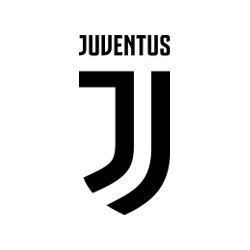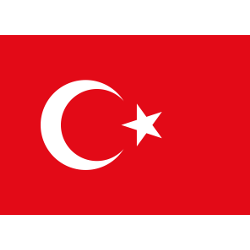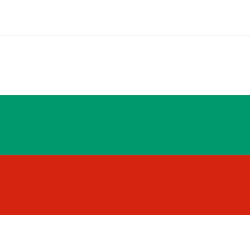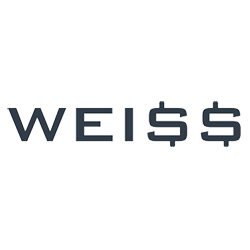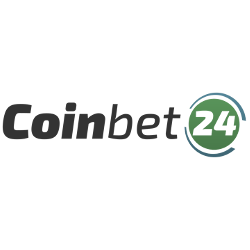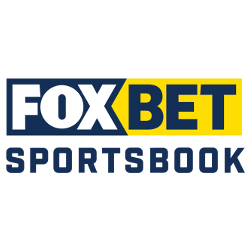Dutch Gaming Regulator Furious Over Betsson Logo on Inter Milan Kit Against Ajax, Demands Penatlies
The Netherlands Gambling Authority (Kansspelautoriteit, KSA) expressed extreme dissatisfaction with FC Internazionale Milano’s appearance in the men’s football 2025–26 UEFA Champions League match against AFC Ajax wearing the “Betsson.sport” logo on their kit, despite the Italian team having been notified in advance of the ban.
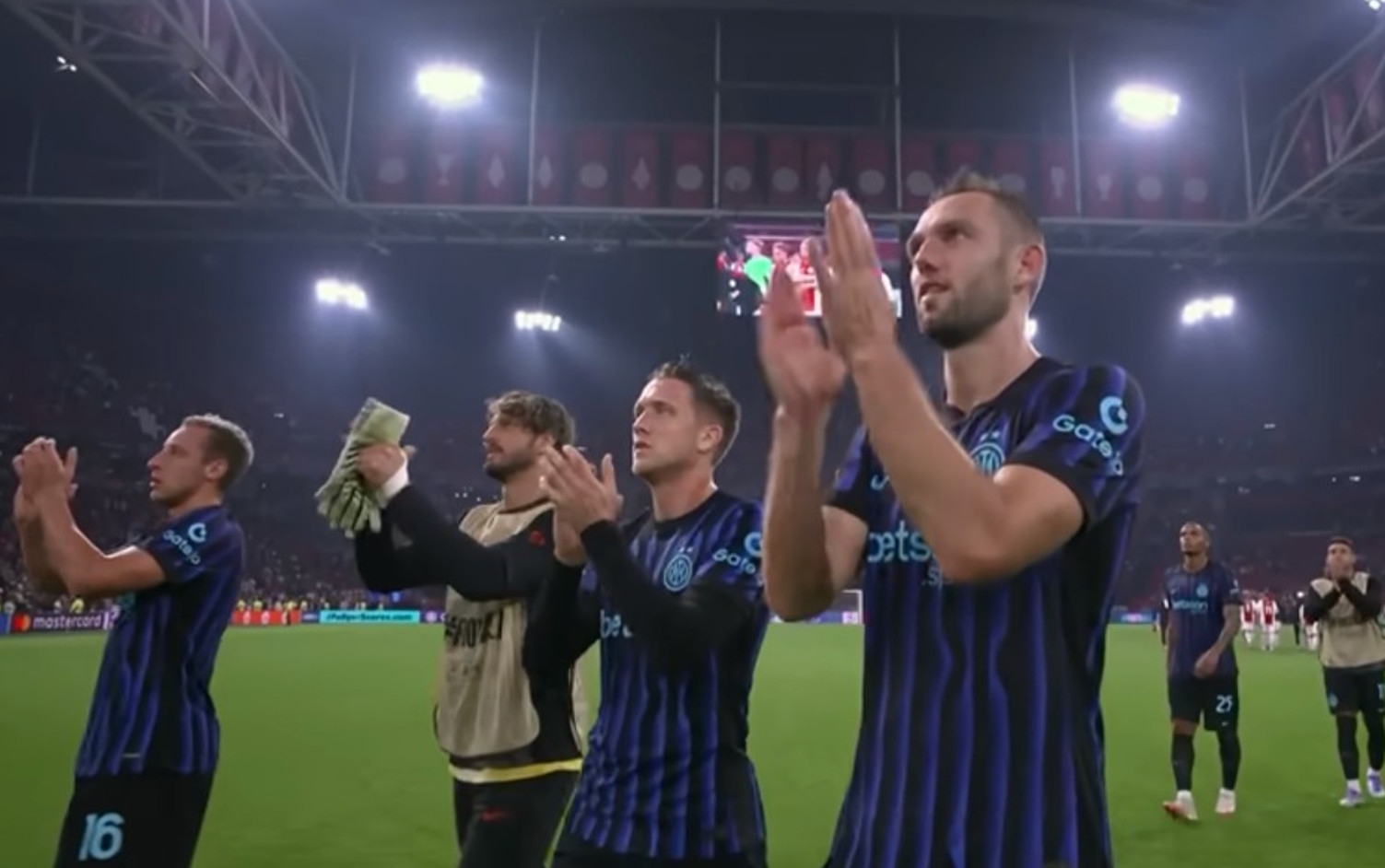
The Netherlands Gambling Authority has expressed extreme dissatisfaction after Inter Milan appeared in their Champions League clash against Ajax on Wednesday, September 17, 2025, wearing kits emblazoned with the “Betsson.sport” logo. The Italian club’s 2-0 victory over the Dutch side was overshadowed by regulatory outrage, as the appearance of the logo was in direct violation of the Netherlands’ strict ban on gambling sponsorship in sports.
According to the KSA, Inter Milan had been notified in advance that the display of a gambling sponsor during matches in the Netherlands was prohibited. The Royal Dutch Football Association (Koninklijke Nederlandse Voetbalbond, KNVB) had even consulted with the regulator before the match to clarify the situation, but permission for the kit was explicitly denied.
Despite these warnings, the Italian champions went ahead in the first-round match of the league phase of the most popular men’s football club competition in the world with the sponsored kit, prompting the KSA to threaten potential sanctions.
“Extremely Outraged” Regulator
KSA spokesperson Marlos Derks described the incident as “extremely outrageous,” emphasizing that it represented a blatant disregard for Dutch law. The regulator views the appearance of the Betsson logo as illegal gambling promotion within the Netherlands, which has had a complete ban on sports sponsorships by iGaming operators since July 1, 2025.
Derks confirmed that the authority has already begun assessing possible legal or financial penalties for Inter Milan, although the specific form of punishment hasn’t yet been determined.
Betsson’s Troubled History With Dutch Market
The controversy also reopens longstanding tensions between Betsson and Dutch regulators. Since the legalization of online gambling in the Netherlands in October 2021, a Swedish gaming operator that runs or owns over 20 brands, such as Betsafe, NordicBet, StarCasinò, and others, and has around 30 million registered users globally (revenue for the first half of 2025 of ~€596.3 million and net income of €97.3 million), making it a mid-to-upper tier operator for sports betting in Europe, has repeatedly attempted to obtain a local license but has consistently failed to secure approval. Despite its legitimacy in several European countries, Betsson is barred from operating in the Dutch market.
The regulator fears that brand exposure—such as the logo’s appearance during Inter’s match in Amsterdam—undermines local restrictions and could entice Dutch players toward unlicensed operators.
Ban Extends to Foreign Clubs
The Dutch rules aren’t limited to domestic football. Foreign clubs are also prohibited from displaying gambling operator logos during matches played in the Netherlands, regardless of whether the sponsor is legal in the team’s home country.
This stipulation means that even globally recognized brands like Betsson, which enjoy sponsorships across Europe, can’t appear on kits when their clubs compete on Dutch soil. The policy is aimed at minimizing gambling exposure to fans and protecting vulnerable groups from marketing practices tied to betting.
Broader Debate in Dutch Football
The incident highlights the ongoing debate in Dutch football regarding the role of gambling sponsorship. While clubs across Europe continue to rely heavily on betting operators for financial backing, the Netherlands has taken one of the strictest approaches in Europe.
For Dutch regulators, the Betsson logo on Inter Milan’s kit is more than just a technical violation—it represents a high-profile challenge to the authority of the KSA and the government’s effort to curb gambling-related harm.
With the case gaining international attention, the outcome may set a precedent for how the Netherlands enforces its sponsorship ban against foreign clubs in UEFA competitions.
FAQ
More tips on Football
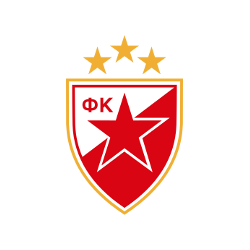
Fudbalski klub Crvena zvezda
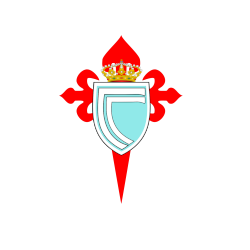
Real Club Celta de Vigo
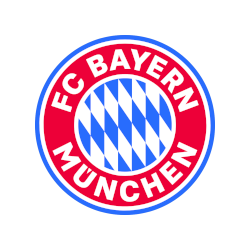
Fußball-Club Bayern München
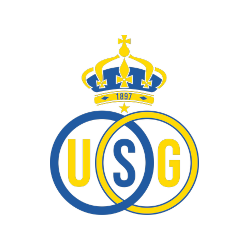
Royale Union Saint-Gilloise
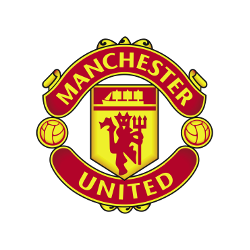
Manchester United F.C.

Manchester City F.C.
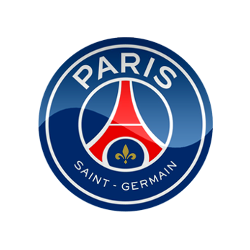
Paris Saint-Germain Football Club
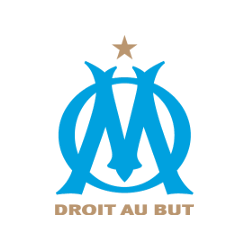
Olympique de Marseille
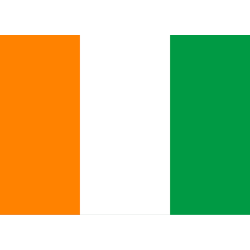
Ivory Coast

Mozambique
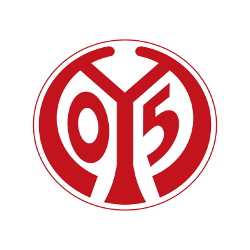
1. Fußball- und Sport-Verein Mainz 05
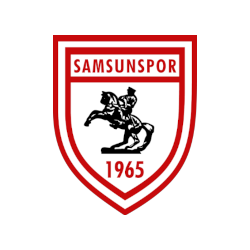
Samsunspor Futbol Kulübü

Dinamo Zagreb

Real Betis Balompié
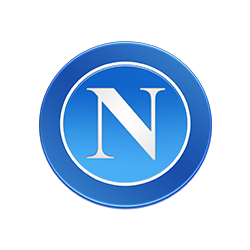
Società Sportiva Calcio Napoli
